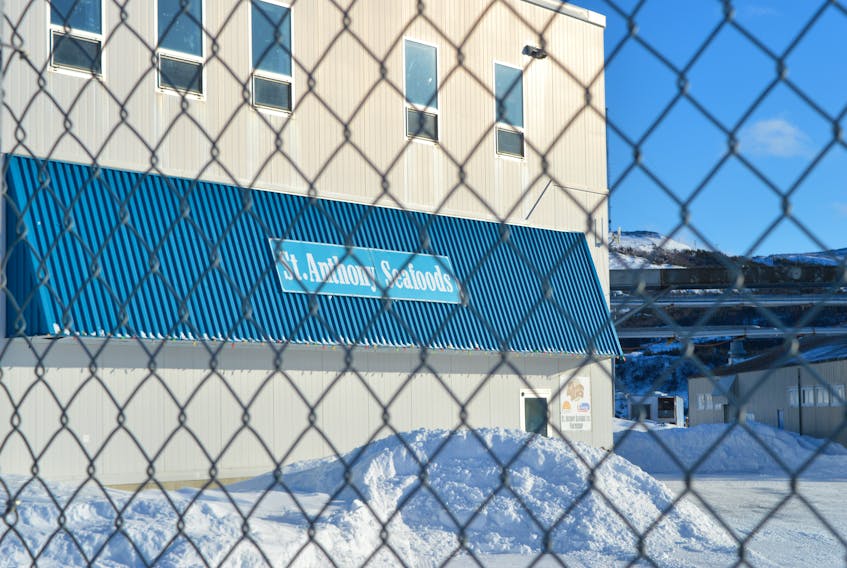GREAT NORTHERN PENINSULA, N.L. — Concerns reverberate throughout the region as shrimp plant work has been harder to come by this summer.
Mayors on the Great Northern Peninsula are concerned about the ripple effect cuts and a reduction in work at the shrimp plants will have on the rest of the local economy.
For one thing, it will mean less purchasing power for residents.
Workers will have to be more careful in how they spend money in the community.
“There are spin-offs, the gas they buy, the groceries they buy, it trickles down the line,” said St. Anthony Mayor Desmond McDonald, who is also the chair of the St. Anthony and Area Chamber of Commerce. “People will have to be more cautious about how they’re spending every dollar and that affects every business.”
McDonald hopes there is an opportunity to process industrial shrimp or to diversify the number of species processed at St. Anthony Seafoods.
“I can’t speak to whether or not it’s economically viable, the amounts they can get,” he said. “It’s a business after all, and they have to make a profit to be viable.”
In the Straits area, the shrimp plants in Anchor Point and Black Duck Cove are the main employers.
Many workers at those plants won’t have enough hours to qualify for employment insurance either.
Gerry Gros, mayor of Anchor Point and chair of the Great Northern Peninsula Joint Council, believes the Department of Fisheries and Oceans could be doing a better job managing the fishery.
In his opinion, that would entail taking the opinions of harvesters into greater consideration.
“Science is needed but I think they also need to listen to the fishermen, who are out on the water all the time, that spend more time on the water than the scientists do,” he told The Northern Pen.
St. Lunaire-Griquet Mayor Dale Colbourne believes stocks of various kinds are being overfished.
Many residents in her community are employed at St. Anthony Seafoods.
“I know people here who would normally have 14 weeks pretty soon and, now, they don’t even have three weeks,” she said.
She says town councils will need to apply for bigger Community Enhancement Employment Program projects.
One way to help plant workers in the future might be to alter policy for processing.
Long Range Mountains MP Gudie Hutchings believes it is necessary to offer incentives to businesses to process fish at local plants instead of shipping it elsewhere.
“The feds and the province need to work together to introduce rules maybe associated with licensing to encourage processing or to introduce incentives to get companies to process within a certain area,” she said.
Hutchings says this would introduce an adjacency component to the fishery.
St. Barbe-L’Anse aux Meadows MHA Christopher Mitchelmore is hopeful local plant workers and harvesters can eventually reap from CETA, the free trade agreement between Canada and the European Union.
He says the removal of tariffs will provide companies greater opportunity to process more industrial shrimp at local plants within the province, instead of processing offshore or in European countries such as Iceland.
“Talking to processors, I know last year there was a tremendous effort made by a number of plants to look at processing more industrial shrimp at local facilities,” he said. “And this is possible through the CETA arrangement.”









